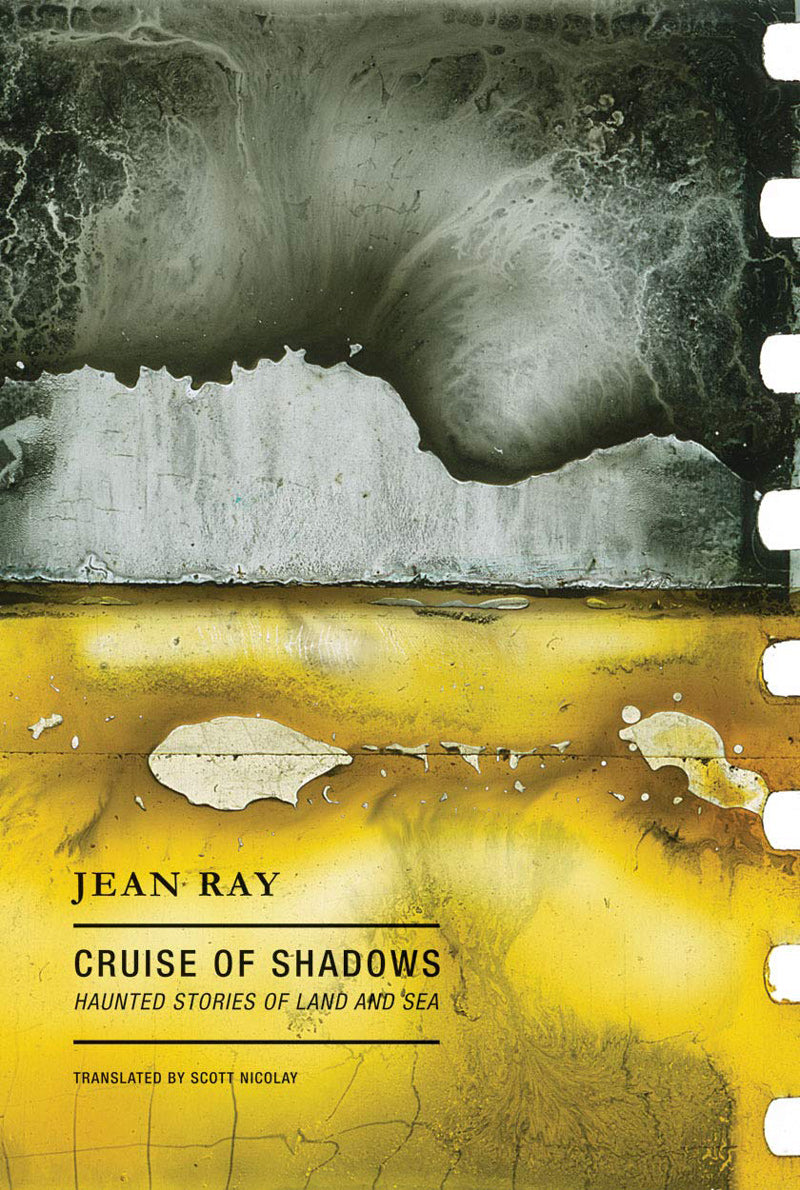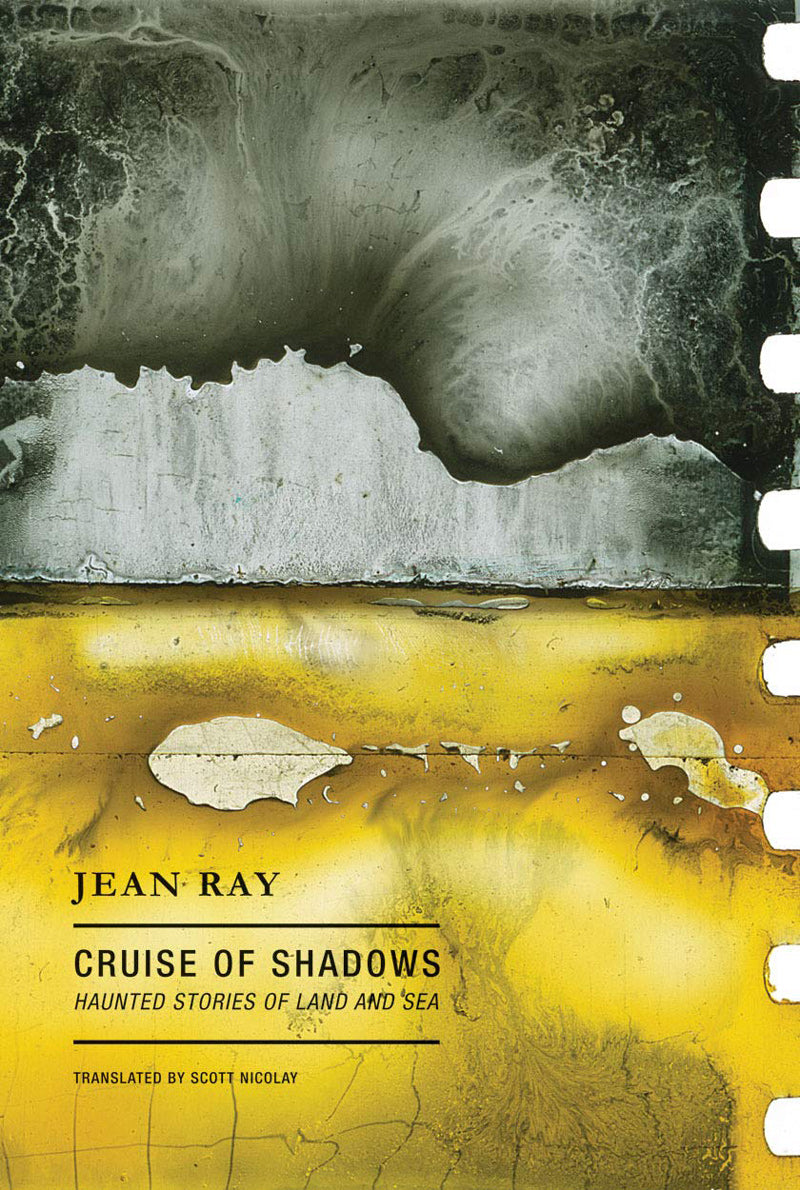Cruise of Shadows: Haunted Stories of Land and Sea
Cruise of Shadows: Haunted Stories of Land and Sea
Jean Ray
Couldn't load pickup availability
Translated, with an afterword, by Scott Nicolay / August 2022 / 5.375 x 8, 216 pp. / 978-1-939663-44-3
Footsteps in an abandoned holiday resort as the cold weather settles in; a door that opens in an empty house; a knock on the door of a hut in the middle of an isolated bog; a lane in Rotterdam perceptible to only one inhabitant in the city; a tavern without a sign, serving alcohol on endless credit that produces no intoxication, promising only the end to an endless street. In Cruise of Shadows, Jean Ray began to fully explore the trappings of the ghost story to produce a new brand of horror tale: one that described the lineaments to a universe adjacent to this one, an extradimensional space beyond space in which objects sweat hatred and fear, and where the individual must face the unknown in utter isolation. First published in 1931, two years after he served his prison sentence for embezzlement, Jean Ray’s second story collection failed to find the success of his first one, Whiskey Tales, but has emerged over the years as a key publication in what has come to be known as the Belgian School of the Strange. This staple volume of weird literature has remained unavailable in its integral form even in French until recently, however, even though it contains some of Ray’s most anthologized and celebrated stories, including two of his best known, “The Mainz Psalter” and “The Gloomy Alley.” This is the book’s first English translation, and the second of the volumes of Ray’s books to be published by Wakefield Press.
Jean Ray (1887–1964) is the best known of the multiple pseudonyms of Raymundus Joannes Maria de Kremer. Alternately referred to as the “Belgian Poe” and the “Flemish Jack London,” Ray delivered tales and novels of horror under the stylistic influence of his most cherished authors, Charles Dickens and Geoffrey Chaucer. A pivotal figure in the “Belgian School of the Strange,” Ray authored some 6,500 texts in his lifetime, not including his own biography, which remains shrouded in legend and fiction, much of it his own making. His alleged lives as an alcohol smuggler on Rum Row in the prohibition era, an executioner in Venice, a Chicago gangster, and hunter in remote jungles in fact covered over a more prosaic, albeit ruinous, existence as a manager of a literary magazine that led to a prison sentence, during which he wrote some of his most memorable tales of fantastical fear.
Press
“Even though Jean Ray grounds his mature fiction in the ordinary here-and-now of waterfront bars and cheap rooming houses, it periodically hints at or crosses over into what he called “intercalary worlds,” other dimensions or realities. Maurice Renard, author of the much-filmed horror classic, 'The Hands of Orlac,' famously called Ray the Belgian Poe, though at times he seems more the Belgian Lovecraft. Neither comparison seems exaggerated, given the poetry and imaginative power of his haunting, mind-boggling stories."
—Michael Dirda, The Washington Post
“[A]ll credit goes to Scott Nicolay for his exact translation of Ray’s voice, preserving its verbal eccentricities, notably the archaisms that pepper his prose with the flavors and sights of the forgotten experiences of his day (the taste of ‘oily schnittchen,’ the jovial riverside establishments called guinguettes, a Scottish sailing boat called a ‘yole’).
—Leonid Bilmes, Los Angeles Review of Books
“Cruise of Shadows is a truly seminal instance of Weird.”
—Martin Billheimer, Counterpunch


